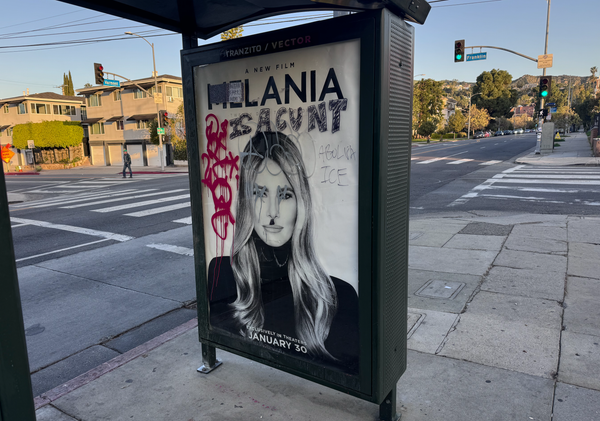The Attraction of Sloppy Nonsense
“Mythology creates its own construct which can answer everything. You can pack anything into it that is useful to you”
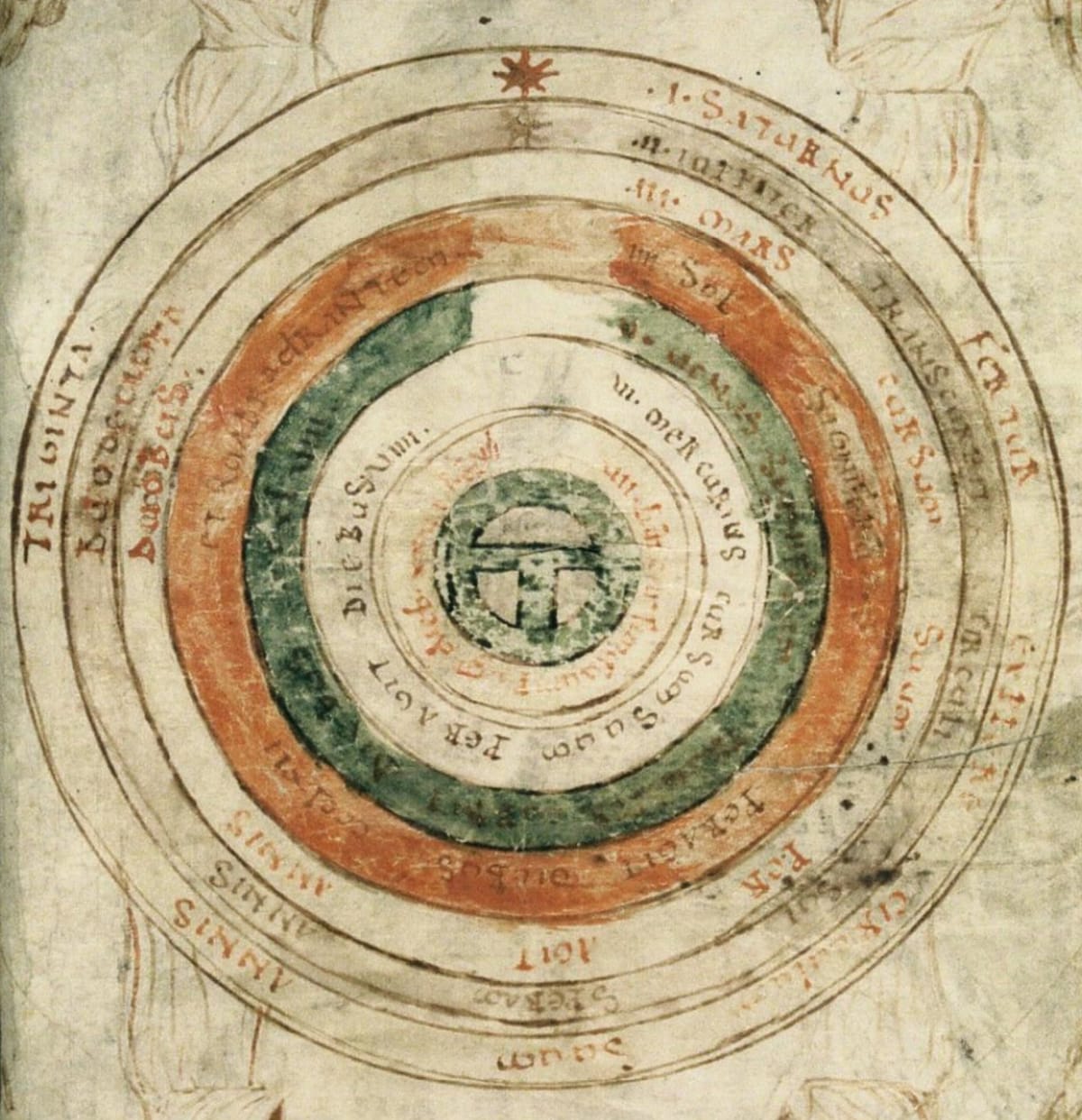
Hi there.
Over the weekend, I found myself talking to Sonny Whitelaw, an environmental consultant currently based in New Zealand.
Sonny’s also written a series of popular Stargate novels — a typical synopsis reading something like this:
When a crystal skull is discovered beneath the Pyramid of the Sun in Mexico, it ignites a cataclysmic chain of events that maroons SG-1 on a dying world!
The books are popular, and because of that, Sonny’s attended quite a few science fiction conventions. And it was there they discovered a lot people thought their novels were real.
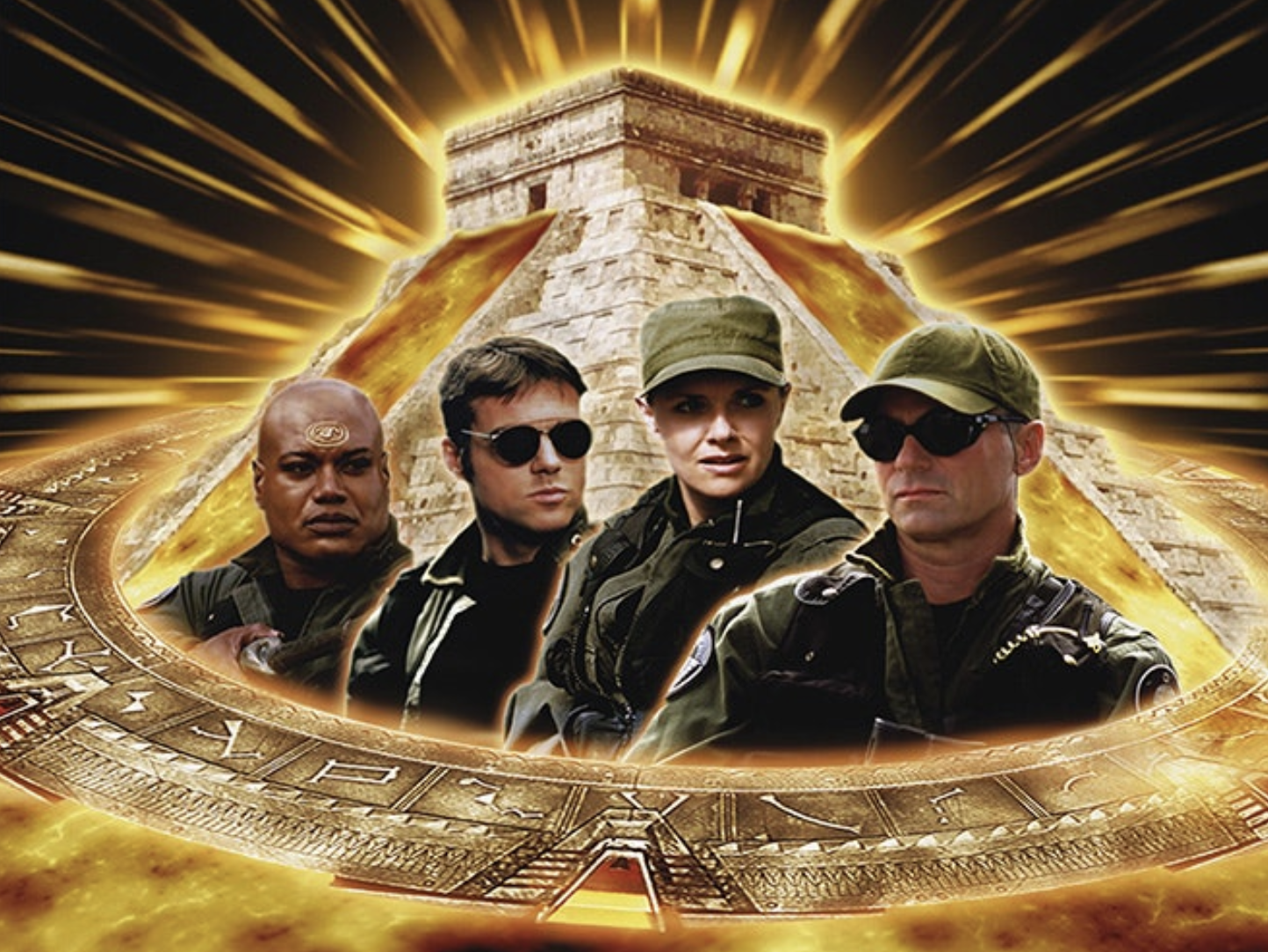
I got in touch with Sonny over the weekend, after they’d listened to my discussion with Radio New Zealand about conspiracy theories.
They’d realised their experience with science fiction fans said something about the spread of conspiracy theories we’re seeing in 2020.
I enjoyed our conversation so much, I’ve turned it into a mini-Webworm podcast episode. Subscribers can listen to that here.
First up, some context.
Sonny’s had a varied career — first working as a commercial underwater photographer, selling travel and dive stories to magazines.
In the 80s they ended up living on a yacht in the South Pacific for 20 years, exploring the islands and working as photojournalist.
Then in the year 2000 (remember the Y2K bug?) Sonny moved to Australia and wrote a science fiction novel — finding out they were actually quite good at writing.
That lead to a contract writing Stargate novels — stories spun off from the original 1994 film, and the television series.
The film (directed by Roland Emmerich — Independence Day, The Day After Tomorrow and a million other disaster films) was a huge hit, and the television show is the longest running science fiction series in North American history.
So of course the books would be popular, too. The premise: aliens seeded life on earth. You know, that Ancient Aliens shit.
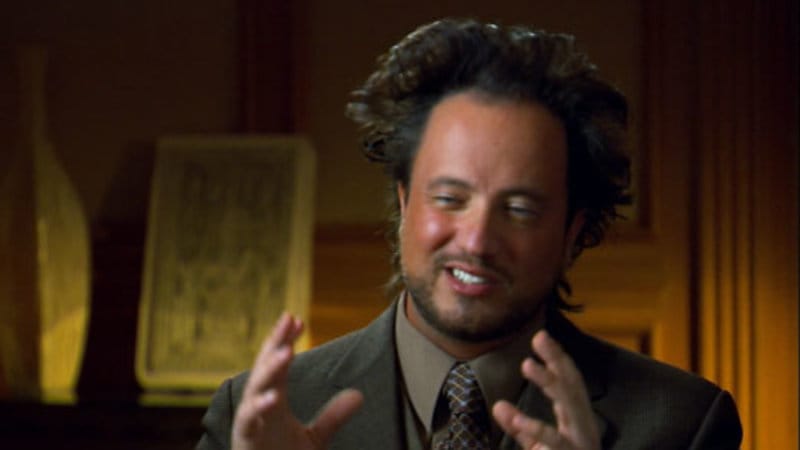
“In the early 2000s I was writing novels for the television series Stargate SG-1 and Stargate Atlantis, and was contractually obligated to attend science fiction conventions,” Sonny told me.
“I was at first amused — and then alarmed — by the number of people who were convinced the show and books were based on reality, with ties to the conspiracy theory that certain people, including Hilary Clinton, were ‘alien reptiloid zombies’.
“I was accused of being one of these zombies because I denied ‘channelling’ the stories from aliens that controlled me, as I couldn’t possibly have made up the stories I was writing.”
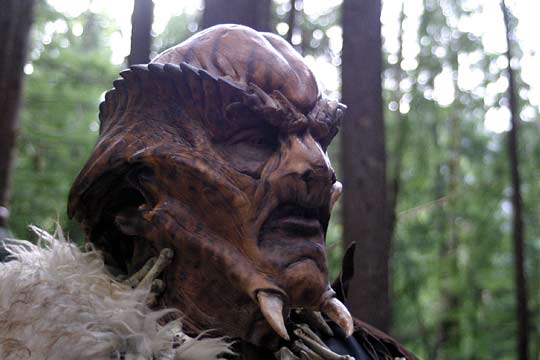
“I was so intrigued by this — after one accuser was led out of the convention by security — that I ultimately did a Masters’ thesis on the subject titled, ‘The Attraction of Sloppy Nonsense’.
That was back in 2007 — the same year Loose Change was released, the “slickly” made documentary that convinced a generation the Twin Towers came down thanks to a controlled demolition. Yes, there were other ridiculous “documentaries” going viral before Plandemic and Out of Shadows.
Sonny’s thesis makes for a really interesting, riveting read (which is rare in my limited experience of Masters’ thesis’).
And over the last few weeks, Sonny has been observing the proliferation of conspiracy theories online — which culminated here in New Zealand last week with National deputy leader Gerry Brownlee dog-whistling conspiracy adherents on national TV.

“I now understand the appeal of conspiracy theories,” Sonny told me — reflecting on their thesis, and their experience with certain rabid Stargate fans.
“But that makes the phenomena no less dangerous, because it breeds what I now refer to as an ‘uninformed democracy’, one where decisions are made based on dangerously flawed rhetoric and logical fallacies.”
I dived into Sonny’s thesis, and as I said earlier — it’s great reading. Their analysis of how Stargate fans ended up embracing fiction as reality is a mind-bender, and it includes a two words I am now absolutely fucking obsessed with: sloppy nonsense.
“In 1976, when I was a science student at university, I read the transcript of a lecture that John Brunner had given at the Institute of Contemporary Arts in London.
In his essay, Brunner expressed dismay at the manner in which Velikovsky’s theories of cosmic catastrophes, L. Ron Hubbard’s Dianetics, and Pauwels and von Däniken’s alien-gods-built-the-Egyptian-pyramids notions had escaped the world of science fiction, disingenuously insinuated themselves into pop culture history and science, and morphed into cults disguised as religions.
“What,” asked Brunner, “is the attraction in this kind of sloppy nonsense?”
The attraction to sloppy nonsense, it turns out, is that people want easy answers.
In Sonny’s conclusion (the place idiots like me go when reading someone’s very complex Master’s thesis), they write:
“When presented in a technological framework, alien god fallacies appear to offer substance, because they claim that science, and the practical application of science—technology—does indeed explain all mysteries and unknowns.
It’s just that the passage of time has muddied the details, and we’ve lost touch with the extraterrestrials who created us through this technology.
In effect, alien god fallacies attempt to offer a manifest ontology.”
Again, if I am losing you — the Webworm podcast might help.
One unfortunate bi-product of this complex framework, this carefully crafted sloppy nonsense built for the sole purpose of creating a cogent and entertaining fictional universe, is that some of the audience have (mis)read the framework as real.
As with alien god fallacies, the Stargate framework and its technologised mythologies should not be read as anything other than appealing fictional concepts.
As for those who chose to believe otherwise, as John Brunner pointed out:
“All too often people become willing accomplices in their own duping, discounting or ignoring evidence to the contrary of what it suits their taste to believe.”
I fucking loved that quote from John Brunner, as it summed up everything we’re seeing in 2020’s grand year of misinformation.
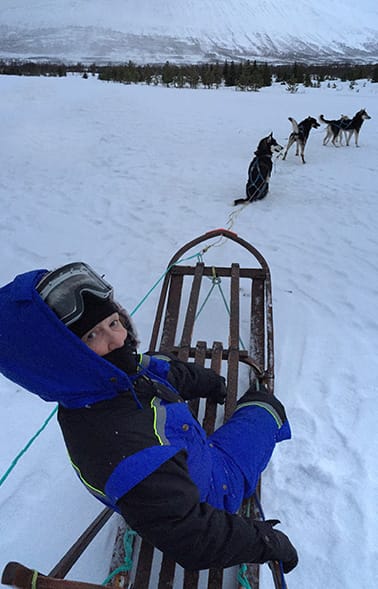
Sonny is often found in the Lyngen Alps, but at the moment they’re like me: stuck in beautiful New Zealand.
I spoke to Sonny for the podcast, and this was part of our conversation:
“I was interested in how these mythologies left the sphere of fiction and came into the mainstream narrative as being fact. And the bottom line is, if you go back to the whole Copernicus era, the idea of the seven celestial spheres, and god is mapped out: you can see him the stars.
And Copernicus kinda screwed that up by saying “well hang on, the sun orbits not us, we orbit the sun.”
And then Galileo really screwed up by discovering that there are other worlds orbiting other planets!
So you have everyone starting to think “well hang on a minute, if the map of the universe is wrong, where’s God?”
And then of course Newton really screwed it up because he figured out gravity.
So at that point we’re going “oh shit, WHERE’S GOD?”
And monks were being burnt at the stake because they were saying “well God’s everywhere!” so we were trying to redefine God and the map of the universe.

So what I sort of realised is that at this point, science and religion were married. They were one unit. And you had technology over to the right somewhere — just pottering around, making wheels or ploughs or what have you.
And then in this age of reason, technology took up with science, and science divorced religion!
And what happens is that prior to this, the map of the universe was understood: people knew where they went when they died. They went to one of the seven circles of hell, or they they went to one of the seven circles of heaven, or they went down into purgatory, which is where Australia was.
Or New Zealand.
Yeah!
So I thought, this is interesting. What are the two questions every human being on the planet has at some stage in their life? “Where did I come from and where do I go when I die.”
Now, religion has the answers, but science doesn’t.
And that’s what occurred to me: we’ve got this ontological gap, this worldview gap. And science can’t explain it.
And worse than that, science keeps changing its mind. It’s coming up with new stuff. So people are looking for that ontological marriage — “how do we bridge the gap between science and mythology?”
Because mythology creates its own construct which can answer everything. Just by definition. You can pack anything into it that is useful to you. And that could be any number of things: a belief in an afterlife, a belief the government is against you, or any kind of mythology.
So you’ve got these urban mythologies, these urban myths that have sprung up. And one of them was the alien god’s myth! That we’ve all come from aliens!
But of course being mythology is can be expanded, so what we have now is a whole bunch of mythologies.
And when I heard Gerry Brownlee on the television, I wanted to throw something at the TV. I thought “you bastard, that was just outrageous. That was playing into people’s fears!”
I was almost imaging a “Make New Zealand Great Again” on Judith Collins’ head.
Same.
I hate to say it, but we are relatively science illiterate, as a society. And not necessarily that is a criticism of society, but not everyone is into science.
And when you are in an unstable situation you start to cling to any kind of stability you can, anything that offers you a belief from your own fears.
And paranoia — and I hate to use that word loosely because it’s not necessarily paranoia — you cling to a life raft, any life raft, that feeds into the belief that you are not getting the full picture, and that is because science — and according to the science of pandemics, and in particular this one — keeps changing.
Nobody is actually saying for sure where this thing came from. No-one can tell you absolutely, without doubt, that it wasn’t on cold goods coming into the country, or it wasn’t because someone slipped through quarantine. There is no definite answer.
So the people looking for definitive answers feed into whatever fears or belief structures they already have. They find like-minded groups, and they’re home.
So instead of being comfortable with a narrative that is shifting and changing as we are learning about something, and using the scientific method, people want to latch onto an all-encompassing that defines exactly what what the fear is, that is not going to change, that is the big bad, and that’s a defined thing in their life.
Yeah. That’s it.
And so here we are. Here we are, with our friends and distant family members sharing the most outrageous stuff on our Facebook timelines.
“Because mythology creates its own construct, which can answer everything. Just by definition. You can pack anything into it that is useful to you. And that could be any number of things: a belief in an afterlife, a belief the government is against you, or any kind of mythology.”
Thanks for reading.
Before I go, I should mention that when I worked in another life as an entertainment reporter at a small TV station in New Zealand, I once interviewed Stargate SG-1’s Richard Dean Anderson, AKA MacGyver.
I cringe a bit when I see me trying to be a TV reporter, but oh well — here you go, warts and all.
He was really fucking cool, actually.


